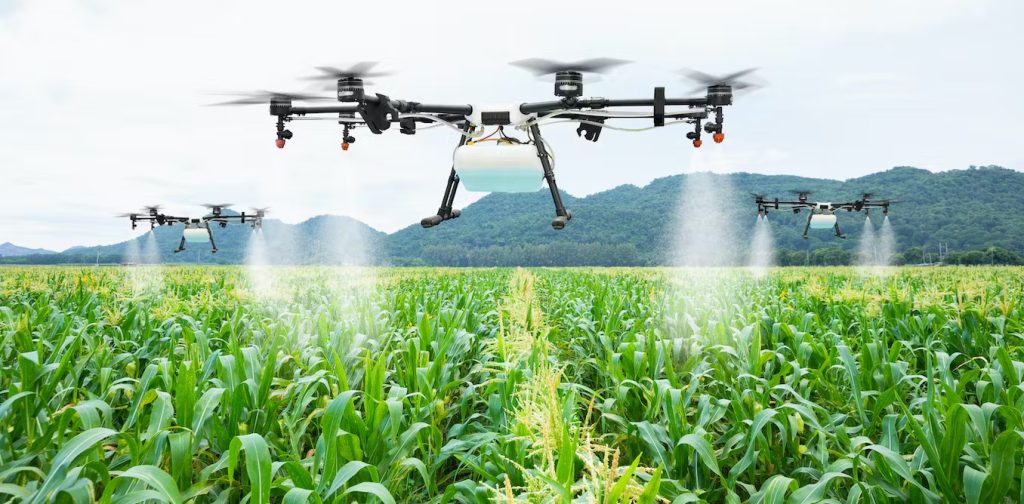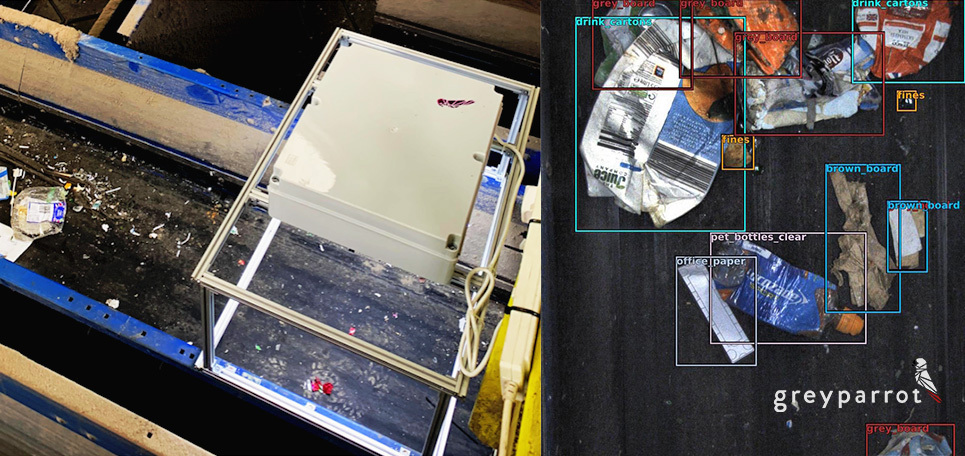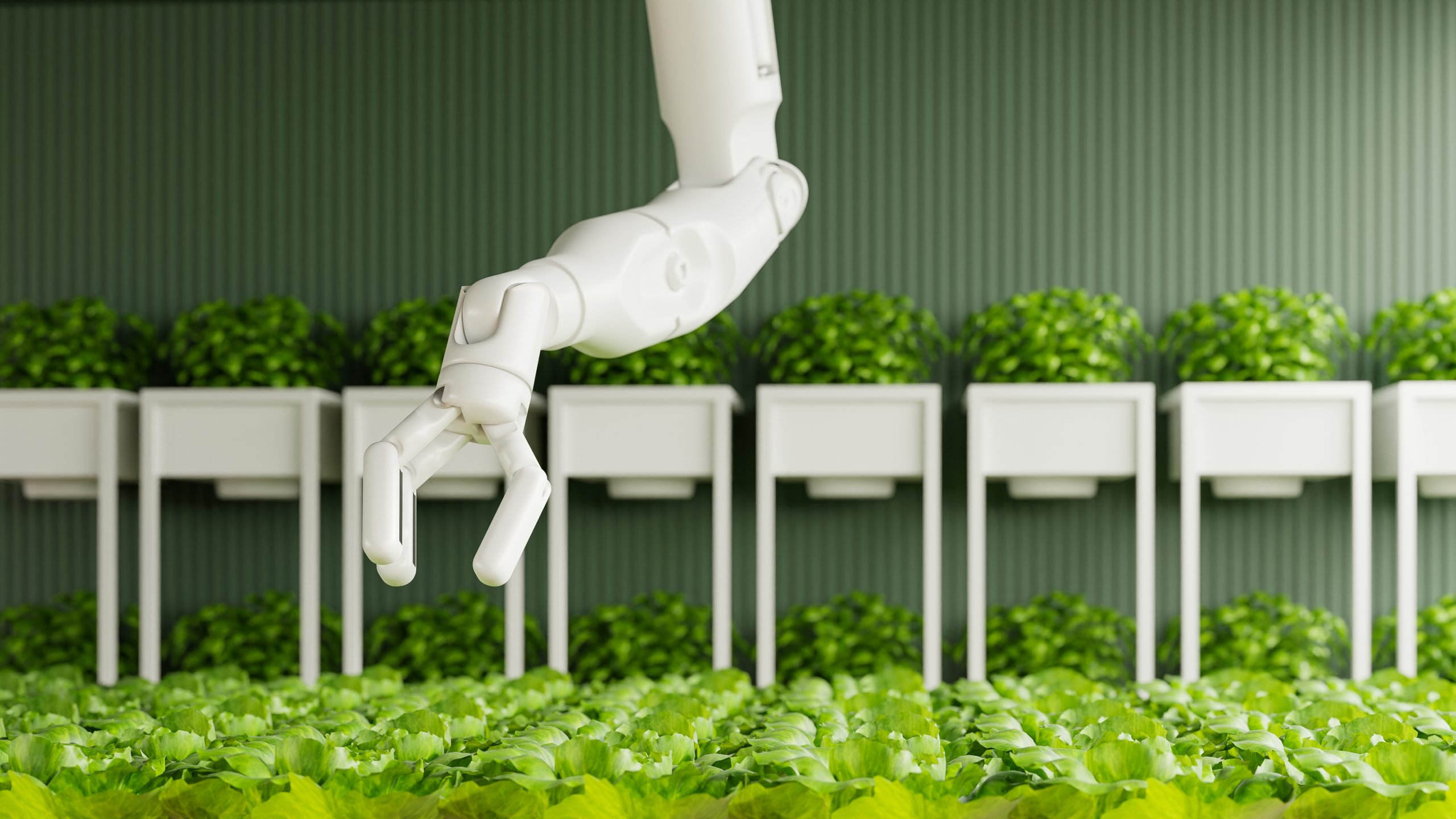Artificial Intelligence (AI) sent the world in a frenzy in 2023. While holding promise for environmental protection, the technology is accompanied by numerous challenges. Critical concerns have arisen around the environmental costs of computation, specifically the carbon footprint generated by AI machinery.
A recent warning from Gartner adds to the urgency. By 2025, the energy consumption of AI is projected to surpass that of the entire human workforce, sounding the alarm for immediate adoption of sustainable AI practices.
While this forecast raises valid concerns, navigating an ever-evolving digital landscape provides an opportunity for a more optimistic outlook. Acknowledging that the future is undeniably digital and with AI seamlessly integrating into our daily lives, it’s high time for brands to find ways they can harness digital solutions to not only meet, but surpass their sustainability goals.
A Delicate Balance
AI and sustainability are far from being incompatible. In fact, they are complementary forces that hold potential to guide the world into a more eco-conscious, environmentally responsible future. Several pioneering initiatives have highlighted the synergies between AI and sustainability. So, how can AI be effectively employed to enhance corporate sustainability?
Route to Net-Zero
What better enforcer for corporate compliance than a neutral machine? Armed with the capacity to process extensive data, AI systems can continuously monitor a company’s energy usage and emissions, instantly flagging deviations from set benchmarks. Through the application of predictive analytics, businesses can precisely identify inefficiencies, proactively track their progress and even anticipate potential costly failures.

The efficacy of this concept can be seen in the implementation of smart grid technology. Leveraging on AI to gather real-time data, smart grids optimise energy distribution, maximising the usage of renewable resources. The innovation supports a more sustainable and reliable power supply, accommodating the needs of modern energy systems.
In Singapore, there is a notable surge in advocating for the integration of clean energy from renewable sources. Pioneering brands such as Senoko Energy actively spearhead this initiative, championing the transition towards net-zero emissions.
Sustainable Agriculture
AI has spurred growth in sustainable agriculture, transforming resource-dependent and inefficient conventional farming practices. Smart farming, empowered by AI, enables informed decisions on crop management, irrigation schedules and pest control. Moreover, AI-powered drones and sensors facilitate real-time surveillance of crop health, allowing farmers to cut down on agricultural and food losses. This transformative AI integration propels agriculture towards a more sustainable and efficient future.

Source: The Conversation
Safeguarding Ecosystems
Amidst severe climate change, habitats face escalating threats, underscoring the critical need for conservation. This is where AI comes in, playing a fundamental role in biodiversity monitoring and safeguarding fragile ecosystems. Technologies, such as AI-powered camera traps and acoustic sensors offer non-intrusive methods of wildlife surveillance, facilitating the crucial tracking and preservation of ecosystems. Harnessing the data processing capabilities of AI, conservationists can swiftly identify patterns, contributing to the safeguarding of endangered species and their ecosystems.
Greening the Supply Chain
Effective logistics lay the foundation for a sustainable supply chain, and within this domain, AI has become a powerful tool. Predictive analytics and machine learning algorithms contribute to the optimisation of inventory management, minimising overproduction and waste throughout the supply chain. Hence, embracing sustainable logistic practices not only reduces carbon footprint, but also yields cost savings for businesses.
Smart Waste Management
Waste management is a critical component of corporate sustainability efforts, contributing to resource conservation and a shift to a circular economy.Traditional methods are labourious and error-prone, but AI-powered waste management technologies leverage machine learning, computer vision and deep learning with high-speed robotics to enhance and streamline waste separation.
Greyparrot stands out as a pioneering force in this domain. Distinguished as a Technology Pioneer by the World Economic Forum, Greyparrot employs AI advanced algorithms and machine learning capabilities for real-time waste sorting, efficiently capturing valuable resources and minimising discarded products. These solutions boost waste management efficiency, fostering a circular economy by reducing environmental impact and waste, while promoting responsible resource use.

Greyparrot’s AI-based waste recognition system
Source: Business Wire
While opinions of AI’s integration with sustainable practices vary, it’s clear that AI can foster an eco-conscious future. The upward trend of more companies adopting AI for sustainability suggests its feasibility in achieving environmental sustainability. Due to the urgent climate crisis, brands should consider prioritising the matter to ensure survival.
Brands can effectively incorporate AI into their marketing endeavours by adhering to a set of principles and practices that promote fairness, ethics, and responsible use. Brands should openly disclose AI usage, such as when it is being used for content creation or personalising experiences. This builds transparent communication which aids brands in establishing and maintaining trust with consumers.
Compliance with regulations is non-negotiable. Brands have to stay abreast of relevant regulations and standards concerning AI and data privacy, and ensure that their AI marketing practices complies with these rules to foster a responsible and legally sound approach.
The judgment lies in our hands: perceive AI as an energy-consuming behemoth or a potential ally in navigating the climate emergency.
References:




